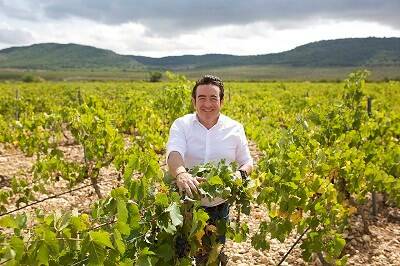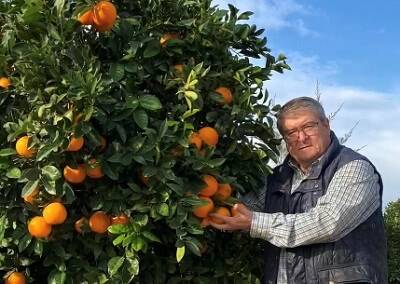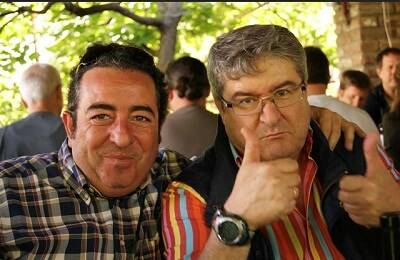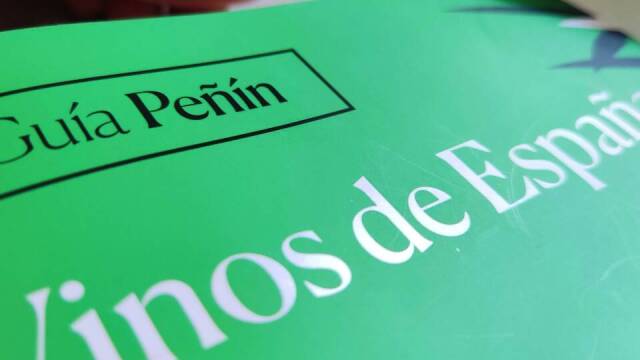Alicante has to understand that this message, which comes through a new wine and style, should be understood by the traditional producers and also serve as claim, and we hope it will, so that in the future young people will establish themselves in their villages and be encouraged to create micro-wineries with the potential to grow the highest quality wines, even if they are scarce in number of bottles.
This micro-production phenomenon is already picking up in countries such as Italy, France and also little by little in Spain, so it is important to prepare the ground so that it can have an impact in the area. How? By making it easier for young people to earn a living through this ancestral trade, by providing them with shelter and protection from the regulatory institution itself and from the different political bodies, as well as by providing them with training.
No one doubts that in any wine-growing region there must be producers of all kinds. Success consists in being able to offer wines to all types of consumers; one Alicante wine for the less knowledgeable, another for average consumers and another for the most sophisticated. Pepe Mendoza has been a producer of wines from all segments, he has worked as a family in the production of global wines, he has ventured into high-end wines and he has established himself in micro-productions. There is no one like him to lead a movement for change, because in addition to being one of the great producers of the area, he is a person capable of creating bonds and spreading this creative spark among his colleagues.
What is the success of this new generation of wines?
Throughout the numerous tastings that we carry out all over Spain, from time to time, wines emerge that, adapting to the climatic and soil conditions of their surroundings, take a novel approach to a type of wine that today's consumers like. Recently, Alberto Saldón, director of the LaLomba project in La Rioja, acknowledged in an interview with Guía Peñín the importance of focusing on the consumer, and he is right. What Pepe Mendoza Giró de Abargues brought us is a Mediterranean wine obsessed by the rational freshness of the environment and by showing the character of the soil through its Giró variety, which is not Garnacha mind you, through a softer, less structured and ripe drink, a trend in many wines from Levante. This 'new' style fits the market in two ways, firstly by focusing on the production of local grapes, already a selling point in these times, and also by moving away from the hyper-concentrated and alcoholic wines that are no longer in demand.
Rafa Bernabé, a misunderstood pioneer

 Log in
Log in









